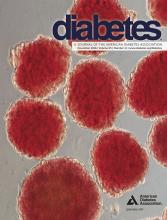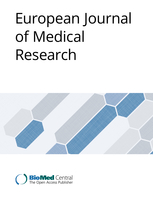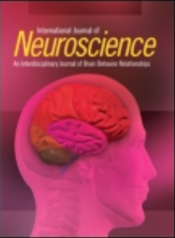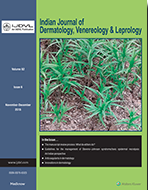 An author of a paper about a boy with a rare genetic disorder has retracted it after the patient’s family revoked permission to use his photo.
An author of a paper about a boy with a rare genetic disorder has retracted it after the patient’s family revoked permission to use his photo.
The 2012 paper in the Indian Journal of Dermatology, Venereology and Leprology (IJDVL) told the tale of a 14-year old boy with Delleman syndrome, a condition that often results in the development of cysts within the cavities of the skull, leading to malformations in the eyes, brain, and skin.
Mabel Nocito, the study’s first and corresponding author from Hospital Churruca in Buenos Aires, Argentina told us the parents initially gave permission to publish their son’s picture, but then became concerned when they realized the paper was freely accessible: Continue reading Family decries publication of child’s picture in open access journal


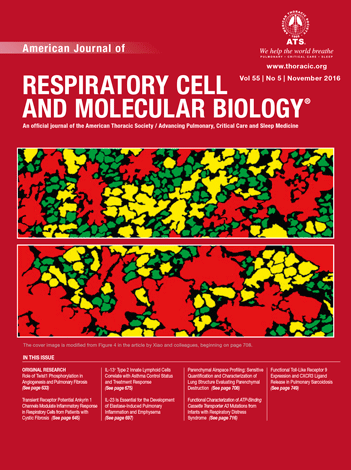 Two former researchers at Duke University at the center of a lawsuit by a whistleblower to recoup millions in federal funding have lost yet another paper.
Two former researchers at Duke University at the center of a lawsuit by a whistleblower to recoup millions in federal funding have lost yet another paper. Researchers have retracted their third paper due to missing original data, following an investigation at their former institution in New York.
Researchers have retracted their third paper due to missing original data, following an investigation at their former institution in New York. 

